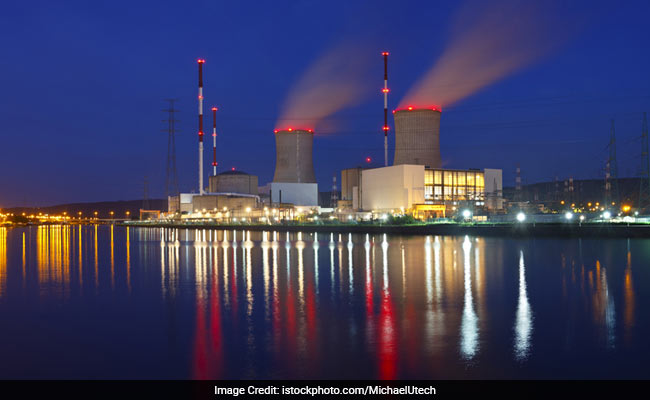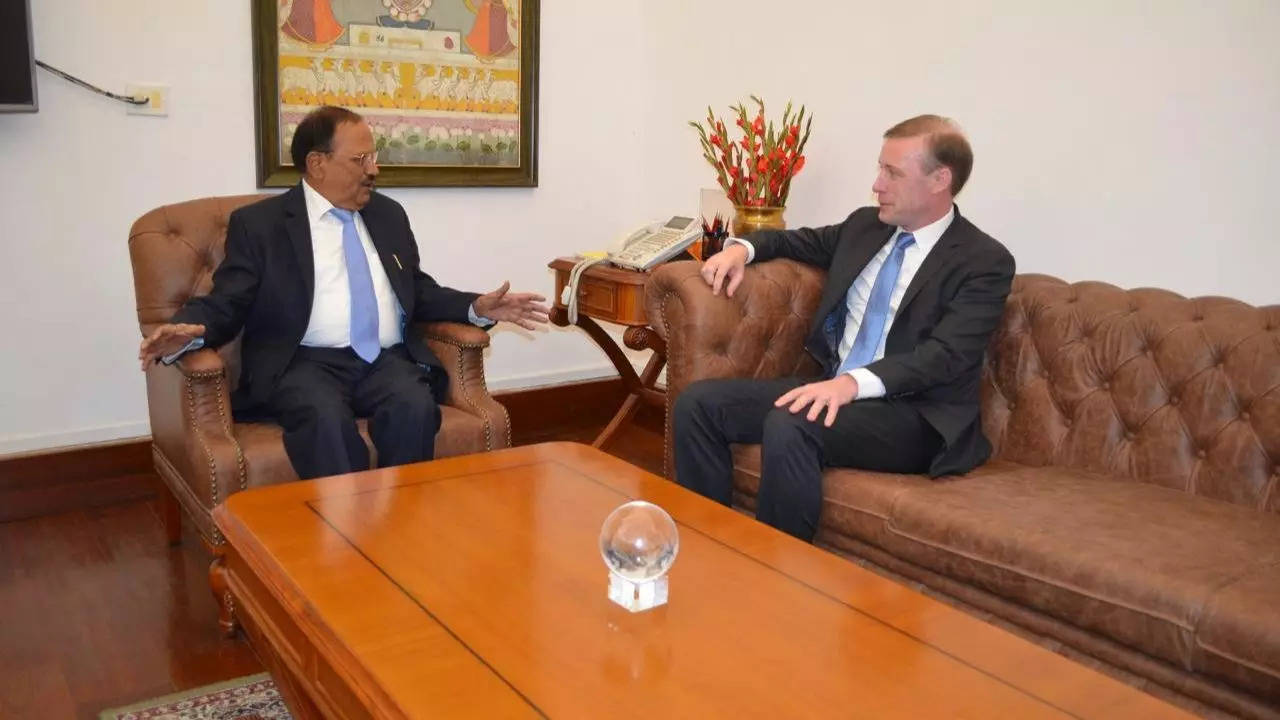

The United States is finalizing measures to eliminate longstanding obstacles hindering civil nuclear cooperation with Indian firms, aiming to invigorate a pivotal bilateral agreement. Discussions have been ongoing since the mid-2000s regarding the provision of U.S. nuclear reactors to India. A significant impediment has been aligning India's liability laws with international standards, which assign accident costs to the operator rather than the manufacturer of nuclear plants.
The 2007 agreement, signed by then-President George W. Bush, was a crucial step toward enabling the U.S. to sell civilian nuclear technology to India. However, India's stringent nuclear compensation laws have delayed progress toward its nuclear power generation targets. In 2019, the two nations agreed to construct six U.S. nuclear power plants in India, but these plans have faced delays due to regulatory challenges.
U.S. National Security Advisor Jake Sullivan, during his visit to New Delhi, announced that the U.S. is completing steps to remove regulations that have hindered civil nuclear collaboration. This visit precedes President-elect Donald Trump's inauguration. Discussions are expected to also cover topics like the impact of Chinese upstream dams, artificial intelligence, space, military licensing, and China's economic issues.
The revitalization of the civil nuclear deal is expected to bolster India's energy security and contribute to its clean energy goals. Holtec International's small modular reactor (SMR-300) is at the forefront of this collaboration, aiming to utilize existing coal plant sites for SMR deployment and explore joint manufacturing, thereby aligning with India's clean energy transition objectives.
Despite these advancements, experts note that the full potential of the India-U.S. civil nuclear deal remains untapped. Challenges such as India's Civil Liability for Nuclear Damage Act, 2010, which places liability primarily on equipment manufacturers, continue to pose hurdles for foreign nuclear suppliers.
The ongoing efforts to resolve these issues reflect a mutual commitment to strengthening strategic ties and enhancing energy cooperation between the two nations.
References
 Times Of IndiaTOI News Desk
Times Of IndiaTOI News Desk
 NDTV
NDTV
 FirstpostFP Staff
FirstpostFP Staff
 Times NowSunita Arya Jha
Times NowSunita Arya Jha